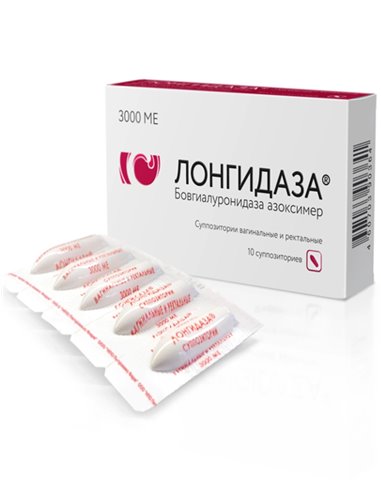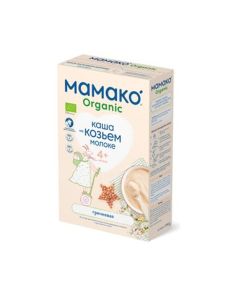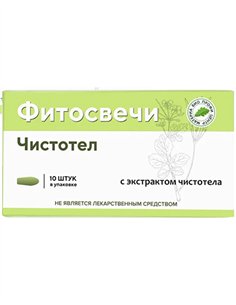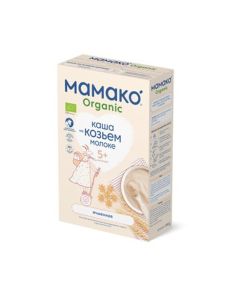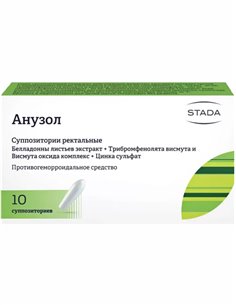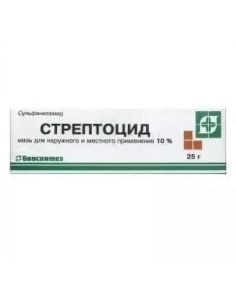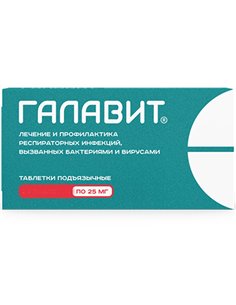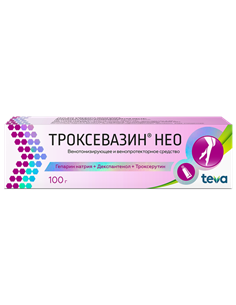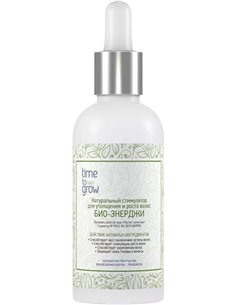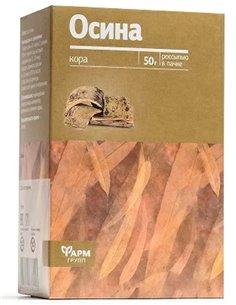Adults and adolescents over 12 years of age in the form of monotherapy and as part of complex therapy for diseases accompanied by connective tissue hyperplasia (including against the background of an inflammatory process).
In urology:
— chronic prostatitis;
- interstitial cystitis;
- strictures of the urethra and ureters;
- Peyronie's disease;
— the initial stage of benign prostatic hyperplasia;
- prevention of scar formation and strictures after surgical interventions on the urethra, bladder, and ureters.
In gynecology:
— prevention and treatment of adhesions in the pelvis in chronic inflammatory diseases of the internal genital organs;
— prevention and treatment of adhesions in the pelvis after gynecological manipulations (including induced abortions, previous surgical interventions on the pelvic organs);
- intrauterine synechiae;
— tubo-peritoneal infertility;
- chronic endomyometritis.
Longidase has hyaluronidase (enzymatic) activity of prolonged action, chelating, antioxidant, immunomodulatory and moderate anti-inflammatory properties.
Prolongation of the action of the enzyme is achieved by covalent binding of the enzyme to a physiologically active polymer carrier (azoximer). Longidase exhibits antifibrotic properties, weakens the course of the acute phase of inflammation, regulates (increases or decreases depending on the initial level) the synthesis of inflammatory mediators (interleukin-1 and tumor necrosis factor - alpha), increases the humoral immune response and the body's resistance to infection.
A drug with proteolytic activity. It has enzymatic proteolytic (hyaluronidase) activity of prolonged action, chelating, antioxidant, immunomodulatory and moderate anti-inflammatory effects.
Prolonged action is achieved by covalent binding of the enzyme to a physiologically active high-molecular carrier (activated derivative of poly-1,4-ethylenepiperazine N-oxide, an analogue of polyoxidonium), which has its own pharmacological activity.
Longidase exhibits antifibrotic properties, weakens the course of the acute phase of inflammation, regulates (increases or decreases, depending on the initial level) the synthesis of inflammatory mediators (interleukin-1 and tumor necrosis factor-alpha), increases the humoral immune response and the body's resistance to infection.
The pronounced antifibrotic properties of Longidase are ensured by the conjugation of hyaluronidase with the carrier, which significantly increases the resistance of the enzyme to denaturing influences and the action of inhibitors.
The enzymatic activity of Longidase is maintained when heated to 37°C for 20 days, while native hyaluronidase under the same conditions begins to lose its activity within 24 hours.
The Longidaza preparation ensures the simultaneous local presence of the proteolytic enzyme hyaluronidase and a carrier capable of binding enzyme inhibitors released during hydrolysis of matrix components and stimulators of collagen synthesis (iron, copper ions, heparin). Thanks to these properties, Longidaza not only has the ability to depolymerize the connective tissue matrix in fibrogranulomatous formations, but also suppress the reverse regulatory reaction aimed at the synthesis of connective tissue components.
The specific substrate of testicular hyaluronidase is glycosaminoglycans (hyaluronic acid, chondroitin, chondroitin-4-sulfate, chondroitin-6-sulfate), which form the basis of the connective tissue matrix. As a result of depolymerization (breaking the bond between C1 acetylglycosamine and C4 glucuronic or induric acids), glycosaminoglycans change their basic properties: viscosity decreases, the ability to bind water and metal ions decreases, the permeability of tissue barriers temporarily increases, fluid movement in the intercellular space is facilitated, and the elasticity of connective tissue increases , which manifests itself in a decrease in tissue swelling, flattening of scars, an increase in the range of motion of joints, a decrease in contractures and prevention of their formation, and a decrease in adhesions.
Biochemical, immunological, histological and electron microscopic studies have proven that Longidaza does not damage normal connective tissue, but causes destruction of connective tissue altered in composition and structure in the area of fibrosis.
Longidaza does not have mutagenic, embryotoxic, teratogenic or carcinogenic effects.
The use of Longidase in therapeutic doses during or after surgical treatment does not cause a worsening of the postoperative period or progression of the infectious process; does not slow down bone tissue recovery.
Contraindications:
— malignant neoplasms;
— pregnancy (no clinical experience of use);
- children under 12 years of age (the effectiveness and safety of the drug have not been studied);
- hypersensitivity to the drug;
- increased individual sensitivity to drugs with hyaluronidase activity.
Longidaza in the form of suppositories is recommended for rectal or intravaginal use 1 time per night, 10-20 administrations per course.
Rectally: 1 suppository 1 time/after bowel cleansing.
Intravaginally: 1 suppository 1 time/night; The suppository is inserted into the vagina in a lying position.
The treatment regimen is adjusted depending on the severity, stage and duration of the disease. It is possible to prescribe the drug every other day or at intervals of 2-3 days.
Recommended treatment regimens
In urology
1 suppository every other day - 10 injections, then after 2-3 days - 10 injections. The general course is 20 introductions.
In gynecology
Rectally or intravaginally, 1 suppository every 2 days - 10 injections, then, if necessary, maintenance therapy is prescribed.
In dermatovenerology
1 suppository every 1-2 days - 10-15 injections.
In surgery
1 suppository every 2-3 days - 10 injections.
In pulmonology and phthisiology
1 suppository every 2-4 days - 10-20 administrations.
If necessary, a repeat course of Longidase is recommended no earlier than after three months or long-term maintenance therapy - 1 suppository 1 time/5-7 days for 3-4 months.
